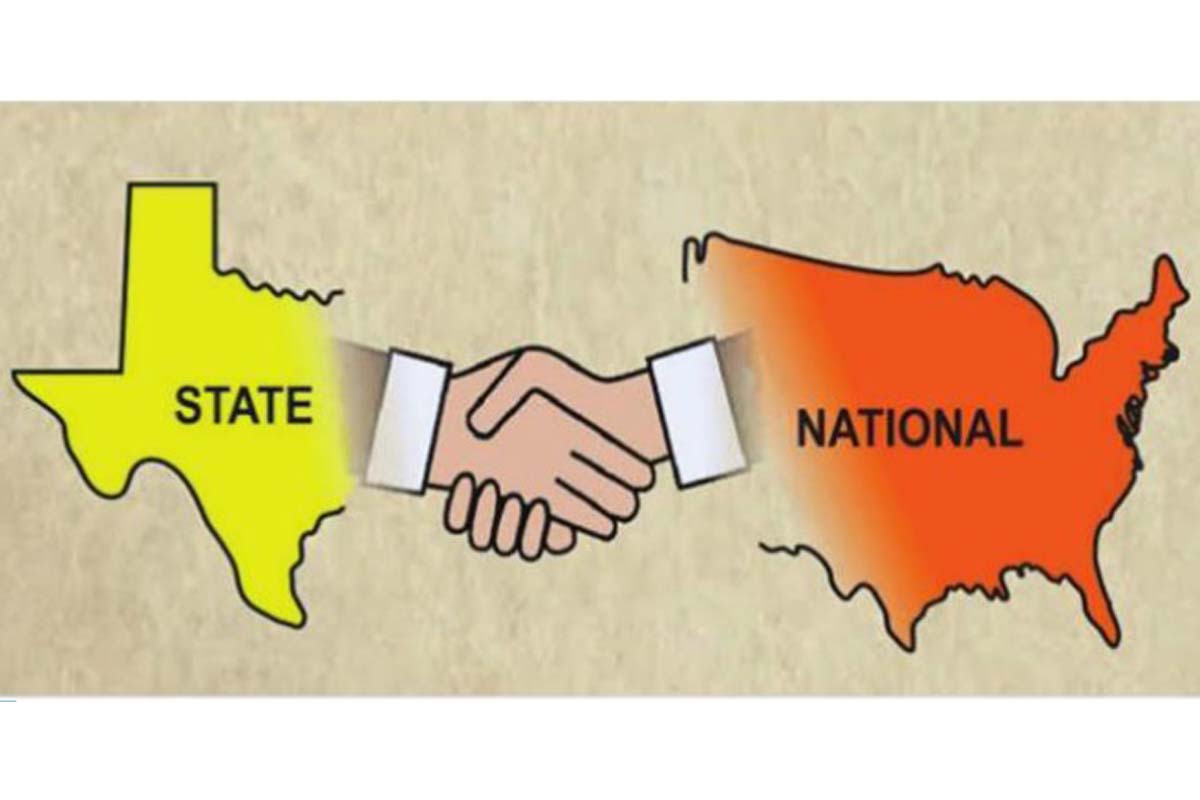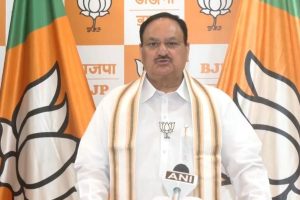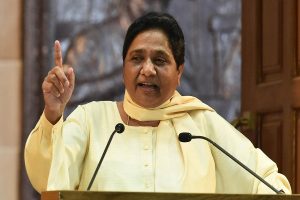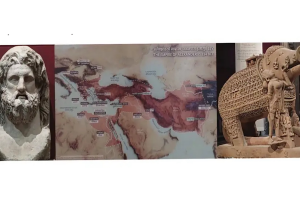In an unusual manner the Kerala Assembly had passed a resolution last week against the Citizenship Amendment Act, the first state in the country to do so after Parliament enacted the law. While a debate rages on whether the state had a right to do so, with the Union Law Minister and the state governor jumping in to criticize chief minister Pinarayi Vijayan, the question also arises about the effectiveness of cooperative federalism.
Law Minister Ravi Shankar Prasad stressed the fact that it is only “Parliament which has got the powers to pass any law with regard to citizenship; not any assembly, including the Kerala Assembly.” When Mr Narendra Modi came to power, he promised that Chiefs Ministers and the Prime Minister together would make Team India. In February 2015, Mr Modi stated in Lok Sabha, “To make the nation stronger, we need to make our states stronger. ”
He also talked about competitive federalism where states have to compete among themselves. How far has he achieved these? What exactly is cooperative federalism? Cooperative federalism refers to a concept in which the state governments, local governments, and the federal government work together. Framers of the Indian Constitution realized the role of states in nation building.
As a result, the Constitution of India gave the Centre and states almost equal rights in economic planning and policy making. But is there a Team India? Are the states and the Centre working in tandem? Are the states and municipal bodies working together? The Prime Minister says his idea of cooperative federalism has worked, particularly in the fiscal space where the changes he made have resulted in more leeway to the states.
The growing protests against the CAA and the NRC and the friction between the governors and chief ministers in non-BJP ruled states, the demand for more funds and many such issues raise question marks. Mr Modi has made efforts to strike a rapport with some non-BJP chief ministers like Naveen Patnaik, K. Chandrashekhar Rao and Jaganmohan Reddy. Even Mamata Banerjee obliged him by travelling with him to Dhaka when he signed the Land Boundary Agreement with Bangladesh.
The Prime Minister took the first step towards cooperative federalism by abolishing the Planning Commission and replacing it with Niti Ayog with far fewer powers. Secondly, one might recall how at the stroke of midnight, the then President Pranab Mukherjee and Mr Modi had pressed a button to launch the new indirect tax regime on 30 June 2017. This ‘one nation, one tax’ principle is still facing teething troubles including the Centre’s inability to compensate states according to the GST Act.
The states had unanimously got the Centre to agree on making good their shortfall in tax collection. The economic slowdown is an added problem in taking forward GST reforms. Despite all these, GST continues to be a major success in terms of cooperative federalism. But in matters such as revenue, education, healthcare, the role of the governor, river-linking, Central investigative agencies, and traffic fines, states continue to disagree with the Centre. Thirdly, the14thFinance Commission has increased the share of states in Central revenue from 32 to 42 per cent – a substantive hike after a long time.
But states like Bihar, Odisha and Assam had protested against the idea claiming one shoe does not fit all because of their special situations and where the Centre has to provide special funds to them. The states felt that there should be a differentiation between the developed and developing states. States are now waiting for the 15thFinance Commission report. Fourthly, some states like Delhi and Puducherry have been seen constant fights between the Lt Governor and elected chief ministers.
While non-BJP chief ministers like Mamata Banerjee and Arvind Kejriwal accuse their governors of political interference, dissent is not just from the opposition as States like Maharashtra and Gujarat had opposed unilateral changes made to the Motor Vehicles Act imposing steep fines for traffic offences. Now the Citizenship Amendment Act and the proposed National Register of Citizens have made even the allies of the BJP come out strongly against it.
Fifthly, there is a tussle between the Centre and the states over items in the state list. Sixthly the Centre’s proposal to bring all dams across inter-state rivers under the Centre has become a contentious issue. Seventhly, education, too, has seen the Centre try to intervene, with the introduction of the National Eligibility cum Entrance Test (NEET) to replace the national medical college entrance exams.
There were loud protests from Tamil Nadu. Despite all these, Mr Modi is right in his vision as cooperative federalism is the way forward. For working a successful federal system, the states have to work with Centre. Unless the chief ministers work in tandem with the Centre, there can be no results and no progress. However, both the Centre and the states must adopt a give and take attitude and eschew confrontation.











